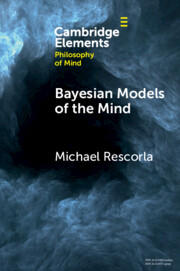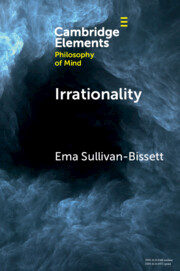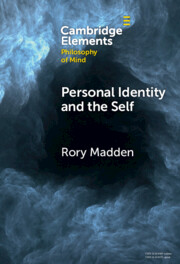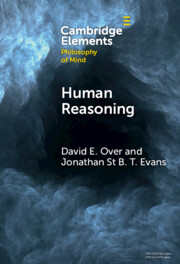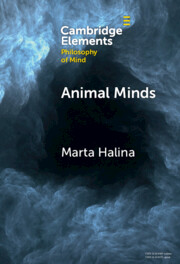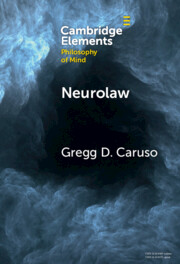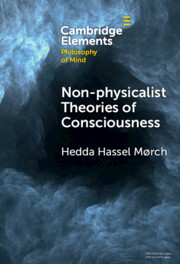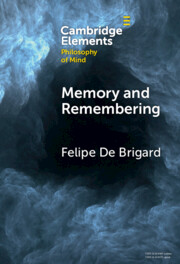About this Cambridge Elements Series
Philosophy of mind is a central branch, not only of philosophy, but of human inquiry generally. As well as exploring traditional philosophical problems about the mind, researchers in the field also engage directly with scientific work, constructing theories, proposing research programmes, and exploring the implications of scientific findings for our everyday view of the mind. Their work shapes our conception of ourselves and helps us understand who we are and how we can confront the challenges we face.
This series provides concise, authoritative introductions to contemporary work in philosophy of mind, written by leading researchers. It offers balanced, comprehensive coverage of the field, reflecting the diversity of projects and perspectives within it and including both established and emerging topics. It provides an entry point to the primary literature and will be the standard resource for researchers, students, and anyone wanting a firm grounding in this fascinating field. We are currently not accepting proposals for contributions to this series.
